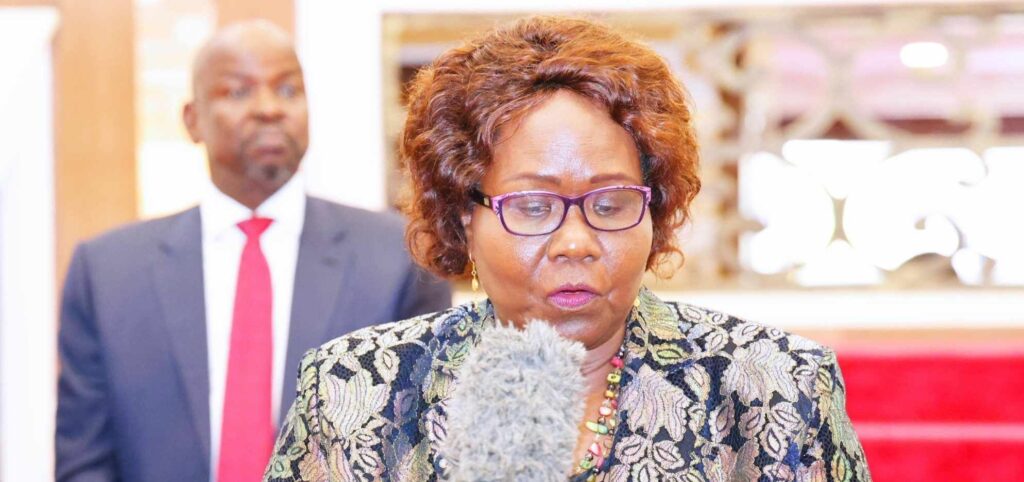It seems that the South Sudan Opposition Alliance has yet to learn from its mistakes. Once again, it finds itself unable to nominate a candidate for a high constitutional office, leaving the decision to President Salva Kiir, who appointed Josephine Lagu as his deputy for service delivery. This is not the first time the opposition has failed to manage its political obligations, but it reinforces a familiar pattern—allowing its political rival to decide on its behalf. This weakens its position and further strengthens the ruling leadership’s grip on the political landscape.
Josephine Lagu’s appointment is no ordinary decision; it is a well-calculated move by President Salva Kiir that ensures multiple gains at once. On one hand, appointing a woman to this position underscores the government’s commitment to increasing women’s participation in governance, a step that resonates positively both domestically and internationally, especially amid growing calls for women’s empowerment. On the other hand, choosing an opposition figure who is widely accepted could help ease political tensions and foster cooperation between different factions. However, the most significant aspect of this appointment is that it highlights the opposition’s own weakness, as it has yet to establish itself as a political force capable of asserting its choices.
The South Sudan Opposition Alliance appears to be a mere spectator in the political process. Since the signing of the peace agreement, it has shown little ability to reach a consensus or make decisive decisions, instead waiting until the president steps in to intervene. This failure is not just a structural flaw but a clear indication of weak political will within the alliance and a lack of a coherent vision for managing its affairs. How can a political entity that aspires to govern fail to nominate a single candidate? How does it expect to be an influential player if it keeps leaving its most crucial decisions to its political rival?
President Salva Kiir is well aware of this dynamic and has leveraged it to his advantage multiple times. By appointing Josephine Lagu, he not only projects his government as a champion of women’s empowerment but also secures greater influence within the opposition, which now relies on him to resolve its internal dilemmas. At the same time, selecting someone like Josephine, who has both political and administrative experience, could enhance government operations, particularly in the crucial service delivery sector.
However, the most pressing question remains: Will Josephine Lagu be able to bring meaningful change in service delivery? The challenges she faces are immense—ranging from widespread corruption within state institutions to insufficient funding and the lack of political will for comprehensive reforms. In such a complex political environment, her success will depend not only on her competence but also on the level of support she receives.
Appointing a woman to this position is a positive step, but it remains insufficient without broader reforms that ensure the genuine participation of women in decision-making. So far, the government has failed to meet its promise of allocating 35% of leadership positions to women. Therefore, increasing this percentage to 50% is no longer just an aspiration—it is a necessity. Not only does it promote gender balance, but it also recognizes the capabilities that women have demonstrated in leadership roles.
Ultimately, Josephine Lagu’s appointment is a strategic and intelligent decision by President Salva Kiir. However, it also exposes the opposition’s failure to assert itself as a capable political force in making its own decisions. If this trend continues, the opposition will remain weak and insignificant in shaping the country’s political direction, while the president continues to hold full control over the political process.
The author, Mahmoud Akot, is a South Sudanese pro-democracy activist. He can be reached via email: mahmoudakot@gmail.com
The views expressed in ‘opinion’ articles published by Radio Tamazuj are solely those of the writer. The veracity of any claims made is the responsibility of the author, not Radio Tamazuj.




